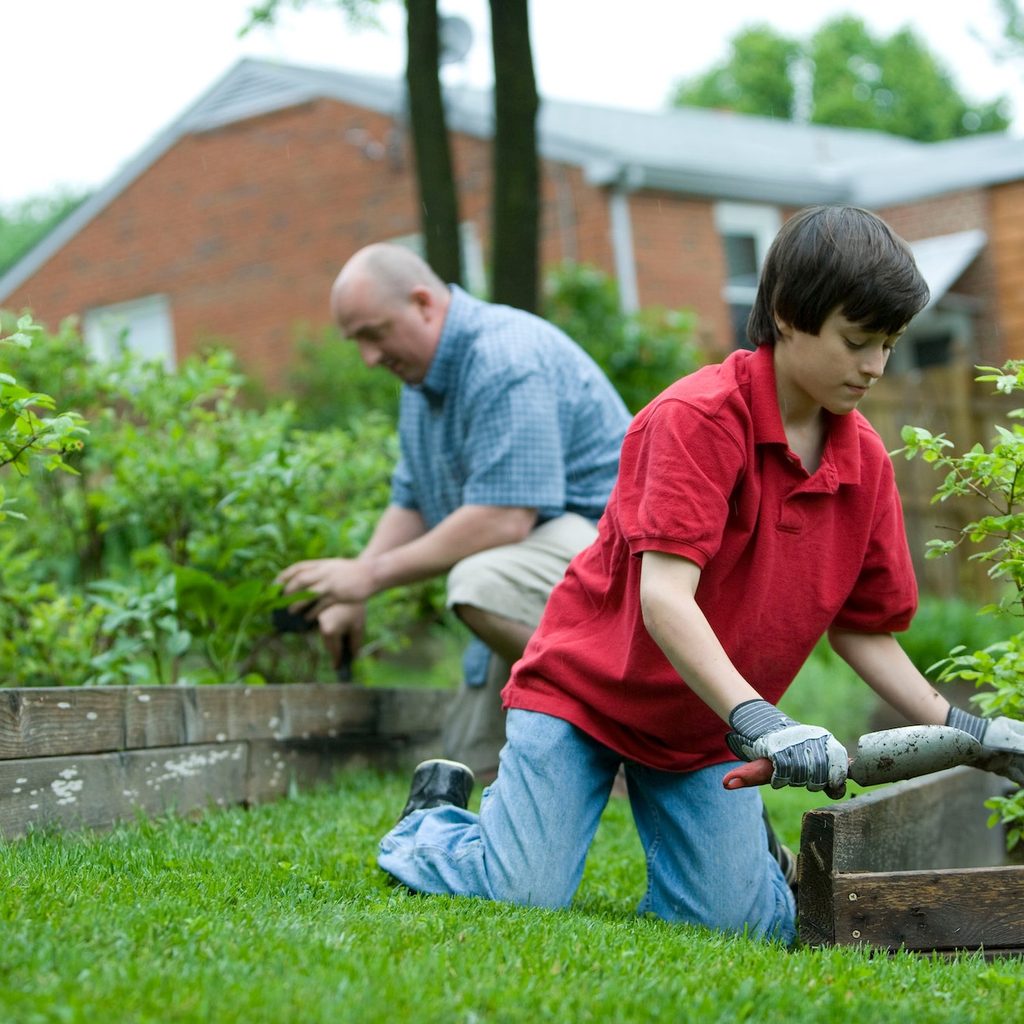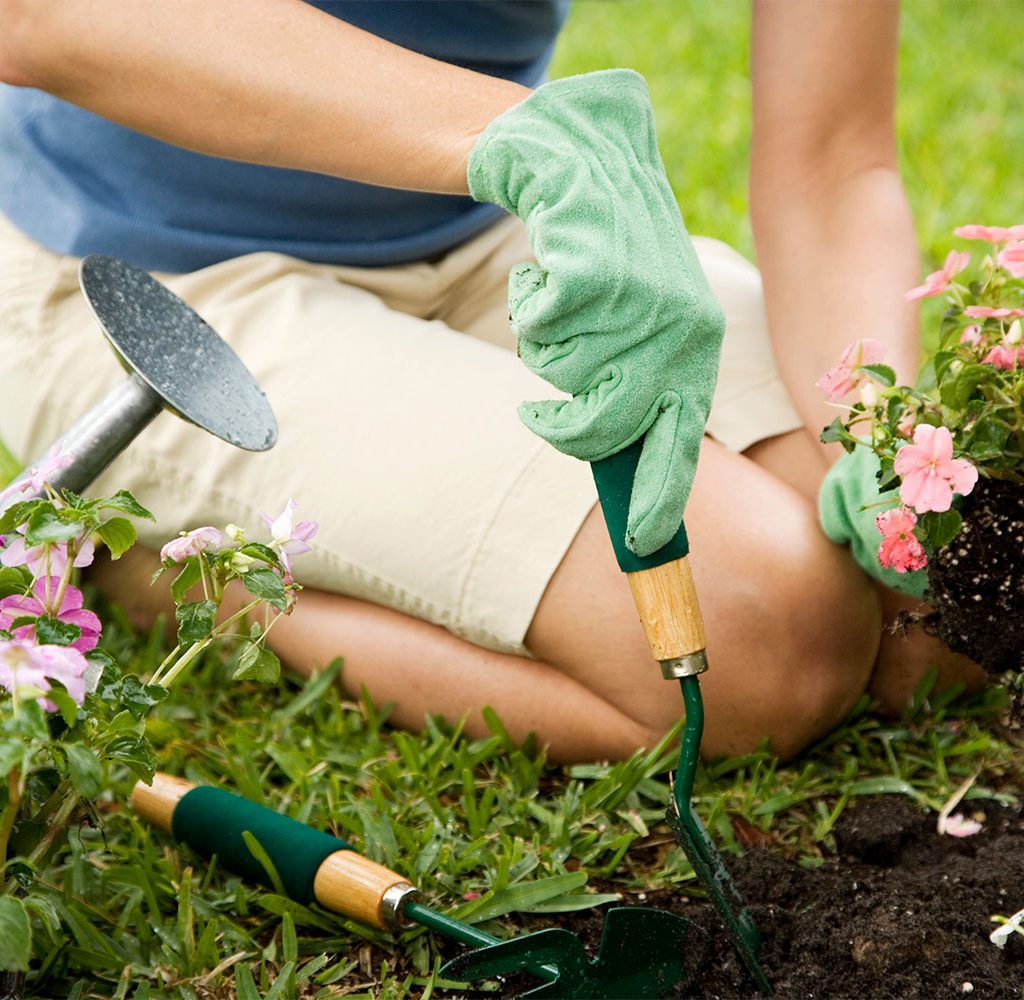Like most things, gardening requires experience to become great at it. While this makes gardening very rewarding in the long term, getting started can be more than a little scary. Even something as simple as planting lettuce can come with tons of questions if you have never planted a vegetable in your life: What fertilizer do I use? What time of the year do seeds go in the ground? Am I giving my lettuce too much sun? Can I even grow lettuce in my climate?
Thankfully, you do not have to go through this alone. There is a free program that not only will answer all of your questions, but it was created to do just that by the U.S. government over 100 years ago — the USDA extension program.

What are extension services?
If you have any questions about gardening then it is time to become familiar with the extension services at your local college or university. What are they, exactly? Cooperative extension services, also called extension programs, are free community outreach and education programs for agriculture, including farming and, you guessed it, gardening. The programs were developed in 1914 between the U.S. Department of Agriculture (USDA) and public universities as a way to promote knowledge about farming and gardening between farmers and American citizens.
Since then, state universities have become the hub for this community outreach program. The effort was immediately a huge success and, over 100 years later, all 50 states have extension services. Typically, these USDA gardening programs will put on community events, have lectures and courses, and answer gardening and farming questions from locals (that’s where you come in). Extension programs also have specialty services, such as getting your garden soil tested for a small fee, enrolling in a Master Gardener program, or signing your child up for a gardening club.
Extension services are truly one-stop programs for gardeners across the country.

How to use extension services
You may be wondering if you have to be a farmer or live near your state’s university to take advantage of extension services. The answer? Absolutely not. While state universities are the hub for the services and were originally created to help farmers, most programs now have physical offices in multiple counties that anyone can access. The USDA Land-Grant University website directory will point you in the direction of the nearest program. Simply click on your state and a list will appear showing every university and college that has extension services. You can also visit The Older Farmer’s Almanac for a list of where to find your state’s cooperative extension service.
Once you find your state’s website, don’t be intimated by the vast amount of information available. Extension service websites are, by design, packed with as much helpful information as possible, providing a one-stop resource for any project you are working on. However, do not think that these websites are simply Google for gardening. Many have event calendars that show lectures, workshops, courses, and other in-person meetings that will help grow your skill as a gardener. Remember that extension services were originally created to teach people about agriculture, so do not be shy about digging in.
There are classes that teach anything, and we mean anything, about agriculture. From how to build chicken coops and taking care of chickens to growing tomatoes in California to the history of farming in 1950’s America, anyone can find something to learn from extension services.
Final thoughts
It is impossible to talk about every single thing that gardeners can learn from extension services. The programs are a valuable resource for anyone interested in agriculture from the budding beginner who wants to grow mint for their morning smoothies to the industrial gardener who owns three greenhouses. Extension services should be your first stop for everything about planting, harvesting, cooking, persevering, and pruning crops in your local area of the country.
Finally, do not be afraid if you are a beginner. The people who work at extension services are local experts who have been exactly where you are. They love answering your questions and sharing their knowledge with people who are just as enthusiastic about agriculture as they are.



